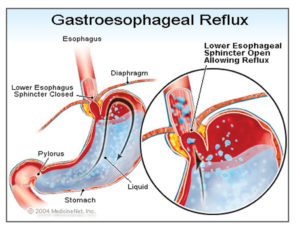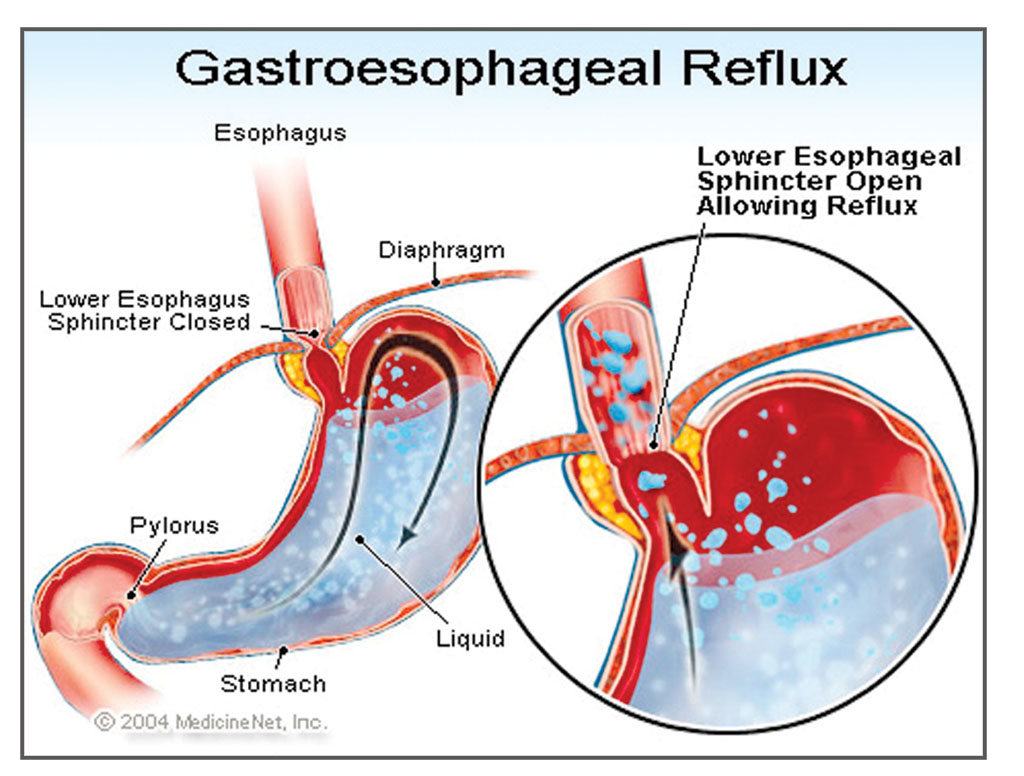 Some excerpts from the article included:
Some excerpts from the article included:
Dr. Haleh Pazwash, of GANJ, shared an article with her staff Tuesday morning which has raised some eyebrows and drawn some attention. The Journal of the American Medical Association proclaims that Gastroesophageal reflux disease (GERD) may not be due to acid reflux, but caused by cytokine-mediated inflammatory response that damages the esophagus. “This study challenges some of the long-held beliefs about how gastroesophageal reflux damages the esophageal mucosa in patients with gastroesophageal reflux disease,” said first author Kerry Dunbar, MD, PhD, Staff Physician in the Department of Gastroenterology at the Dallas VA Medical Center, in Dallas, TX.
In this small study, the investigation aimed to test the idea in 12 patients whose GERD was successfully controlled by proton pump inhibitors (PPIs). The patients were required to discontinue PPIs, after which the researchers observed them to understand how GERD developed.
“A chemical burn should develop immediately, as it does if you spill battery acid on your hand,” said senior author Stuart Spechler, MD, Chief of the Department of Gastroenterology at the Dallas VA Medical Center. The article explains an acid reflux chemical burn is thought to damage the luminal surface first and then progress down to the submucosa.
Instead, the researchers found that the esophageal epithelium was not eroded in these patients but was infiltrated by T lymphocytes, along with findings of basal cell hyperplasia and papillary elongation. This matched the new concept that acute GERD is primarily a cytokine-mediated process of inflammation.
Dr. Pazwash notes, "This is an interesting article because it introduces new concepts of what causes reflux. It also may provide us with other medicines to treat the disease outside of the usual proton pump inhibitors which we have used for decades. "
To read the full article: http://www.mdlinx.com/gastroenterology/article/432
To make an appointment with our physicians: www.ganjllc.com


 Some excerpts from the article included:
Some excerpts from the article included: